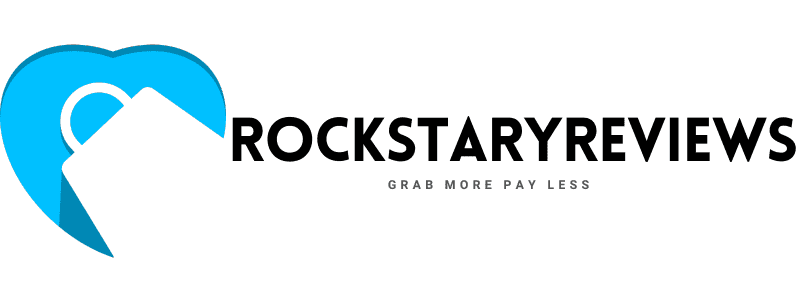
Amazon today announced that nine teams from around the globe have been selected to participate in the Alexa Prize Socialbot Grand Challenge 4 (SGC 4), a university challenge focused on advancing human-computer interaction.
The teams selected for the challenge, which begins this month, include five returning entrants, including the top three finishers in the most recent challenge, and four new contestants.
| Team | University | Faculty Advisor |
| Returning | ||
| Alquist | Czech Technical University, Prague | Jan Šedivý |
| Athena | University of California, Santa Cruz | Marilyn Walker |
| Chirpy Cardinal | Stanford University | Christopher Manning |
| DREAM | Moscow Institute of Physics & Technology | Mikhail Burtsev |
| Emora | Emory University | Jinho Choi |
| New | ||
| CASPR | The University of Texas at Dallas | Gopal Gupta |
| Genuine² | Universidad Politécnica de Madrid | Luis Fernando D’Haro |
| PROTO | SUNY at Buffalo, New York | Rohini Srihari |
| Viola | University of Southern California | Jonathan May |
“Voice assistants such as Alexa have significantly advanced the state of the art for goal-directed interactions, such as ‘Alexa, what’s the weather forecast for today’? or ‘What was the score of yesterday’s Seahawks game’? Significant recent advances include teachable AI and natural turn taking which lets multiple people join conversations with Alexa without having to use a wake word for every utterance. These advances notwithstanding, multi-turn, open-domain conversations remain an unsolved problem,” said Prem Natarajan, vice president of the Alexa AI Natural Understanding organization.
“We launched Alexa Prize four years ago with the aim of engaging some of the brightest faculty and students in academia to advance conversational AI science with an emphasis on open-domain conversations,” he added. “Each year, the teams have made substantial advances in the state of the art, and we are excited by the quality and ambition of the applications we have received this year.”
The Alexa Prize, launched in 2016, is a competition for university students dedicated to advancing the field of conversational AI. Teams are challenged to design socialbots that Alexa customers can interact with via Alexa-enabled devices. Their ultimate goal is to meet the Grand Challenge: earn a composite score of 4.0 or higher (out of 5) from the judges, and have the judges find that at least two-thirds of their conversations with the socialbot in the final round of judging remain coherent and engaging for 20 minutes.
The teams selected for the challenge receive a $250,000 research grant, Alexa-enabled devices, free Amazon Web Services (AWS) cloud computing services to support their research and development efforts, access to the Cobot (conversational bot) toolkit and other tools, data, and Alexa team support.
In previous challenges, participating teams have improved the state of the art for open domain dialogue systems by developing improved natural language understanding (NLU) systems, neural response generation models, common sense knowledge modeling, and dialogue policies leading to smoother, and more engaging conversations.
Alexa Prize SGC4 begins this month, the teams’ socialbots will be available for Alexa customers to engage with early next year, a finals competition will be held in July 2021, and winners announced the following month.
“This technology will be transformative in ways we can barely comprehend”
We asked a judge and some of the finalists from the Alexa Prize Grand Challenge 3 about the contest, the role of COVID-19, and the future of socialbots. Here’s what they had to say.
As in the previous challenges, when the teams’ socialbots become available for use, Alexa customers will be able to engage with one of the socialbots simply by saying, “Alexa, let’s chat.” Alexa customers then receive a brief message informing them that they are interacting with an Alexa Prize university socialbot before being randomly connected to one of the participating socialbots. After exiting the conversation with the socialbot, which customers can do at any time, the customer is prompted for a verbal rating, followed by an option to provide additional feedback. The interactions, ratings and feedback are shared with the teams to help them improve their socialbots.
Over the course of the third challenge which concluded in June 2020, Alexa customers held more than 240,000 hours of conversations with the student teams’ socialbots, spanning tens of millions of interactions. The “Emora” team from Emory University won the third challenge, earning a $500,000 prize for its performance. Teams from Stanford and Czech Technical University earned second- and third-place prizes, respectively. The winning teams discussed their work in a recent video. Research papers from Amazon’s Alexa Prize team, and each of the competing teams can be downloaded here.
A team from the University of Washington won the first challenge, and in 2018 a team from the University of California, Davis won the $500,000 first prize.






